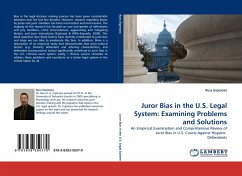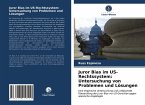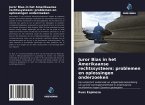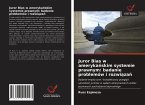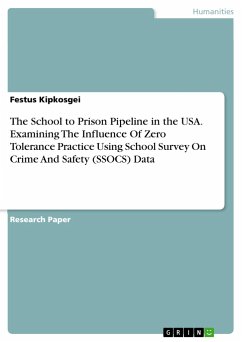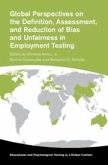Bias in the legal decision making process has been given considerable attention over the last few decades. However, research regarding biases by juries and juror members has been inconsistent and inconclusive. The majority of this research has focused on race and gender of defendants and jury members, crime circumstances, aggravating and mitigating factors, and juror instructions (Espinoza & Willis-Esqueda, 2008). This book examines how these factors have recently contributed to juror bias and steps we can take to ameliorate this bias. In addition, there is a description of an empirical study that demonstrates that socio-cultural factors (e.g. minority defendant and attorney characteristics, and defendant socioeconomic status) significantly contribute to juror bias in the U.S. criminal court system. Lastly, I discuss various remedies to address these problems and contribute to a better legal system in the United States for all.
Bitte wählen Sie Ihr Anliegen aus.
Rechnungen
Retourenschein anfordern
Bestellstatus
Storno

